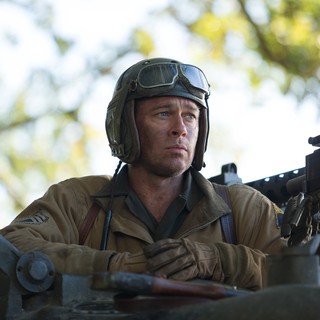

These forces became even more relevant within the context of what Fredric Jameson calls the “postmodern hyperspace” (1984:83) of urban society which emerged during the latter half of the twentieth century. As the city grew in size and importance, so the levels of antagonism rose among its inhabitants, for, like any large-scale urban environment, it was filled with what Georg Simmel labels “overwhelming social forces” (1950:410). Photography, film and advertising (with its twin-sister, propaganda) are constant presences in Rushdie’s novels in this chapter, I read them as both instruments of cultural critique and symptoms of leveling globalization, both potential preservers of memory and magnifying (often distorting) lenses of an obsessive contemporary pursuit of fame and immortality.įrom its founding, New York City has served as the gateway to the New World and has been the impetus behind the American Dream. From their earlier incarnations as instruments of ideological control in Midnight’s Children and Shame to the pervasive ‘colonization by images’ featuring in novels such as The Ground Beneath Her Feet and Fury, various techniques of visual representation appear as deeply ambivalent metaphors for contemporary society’s excessive reliance on signifying systems. On 12 August 2022, a man stabbed Rushdie after rushing onto the stage where the novelist was scheduled to deliver a lecture at an event in Chautauqua, New York." (from Wikipedia).With more than a nod to Milan Kundera’s concept of ‘imagology’, developed most fully in his 1991 novel Immortality, this chapter attempts a selective reading of Salman Rushdie’s fictional use of modern technologies of representation to interrogate public and private constructions of place, history and identity. Numerous killings and bombings have been carried out by extremists who cite the book as motivation, sparking a debate about censorship and religiously motivated violence. After his fourth novel, The Satanic Verses (1988), Rushdie became the subject of several assassination attempts and death threats, including a fatwa calling for his death issued by Ruhollah Khomeini, the supreme leader of Iran.

"Rushdie's second novel, Midnight's Children (1981), won the Booker Prize in 1981 and was deemed to be "the best novel of all winners" on two occasions, marking the 25th and the 40th anniversary of the prize.

The former owner has added a ribbon bookmark to the text block. There is some beginning bumping to the spine ends of the book covers. The book and its contents are in clean, bright condition. This book is in Very Good+ condition and has a Near Fine dust jacket.


 0 kommentar(er)
0 kommentar(er)
